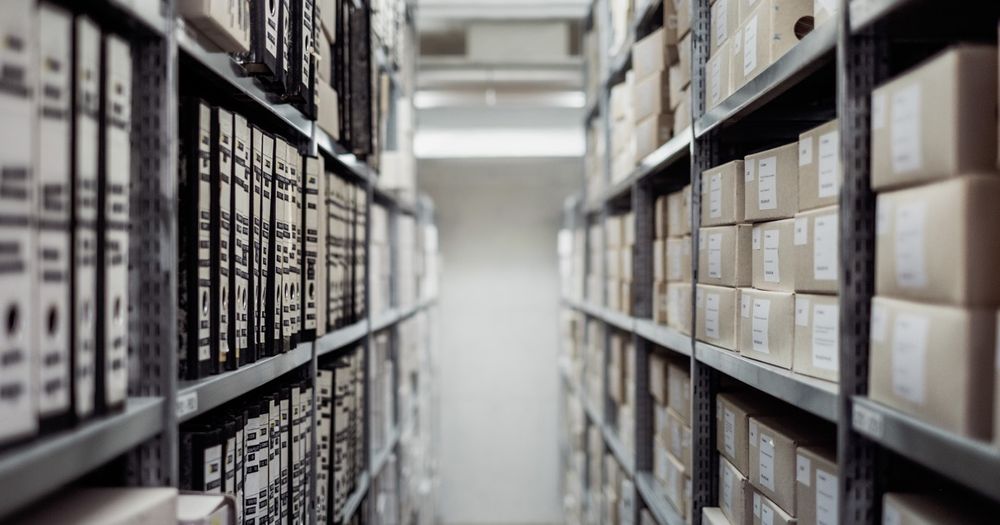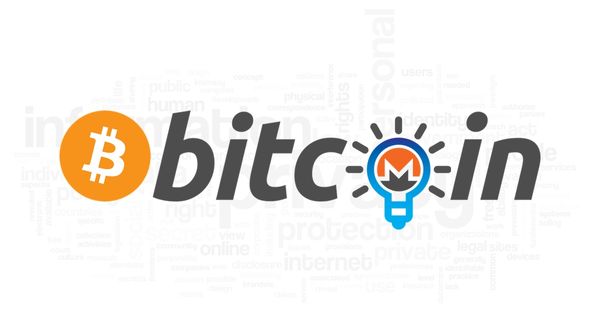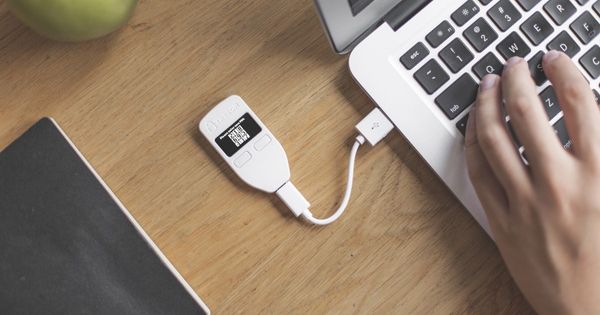How Blockchain can be Used to Secure Sensitive Data Storage

Which service would you turn your attention to, when deciding on making a transaction?
A pretty large number of options can be open at all times for you to make use of. Depending on your resources and preferences, you may refer to traditional banking services and make physical money transactions or employ digital services that provide cryptocurrency exchange and transfer. No matter, what kind of technology you opt for, providing information about your financial activities online will still expose your personal details and money to increased risks of fraud and interception. According to the report presented by ACI Universal Payments, 30% of cardholders have experienced card fraud over the past few years.
It is no great surprise that businesses and customers are striving to hit upon a solution, which will heavily impact the way financial transactions made and eliminate the risk of sensitive data theft.
What is to be done?
Blockchain technology is considered a genuine breakthrough in the financial services industry today. It allows making direct transactions between two parties, not involving any centralized intermediary.
Сuriously enough, the leading banks are now looking into integration of blockchain technology into their financial activity to track all transactions and make them secure. Some financial institutions, which have introduced blockchain so far, can now brag of the lowest fraud risk and secure customer transactions.
What is blockchain after all? Simply put, it is a digital registration book, which keeps track of all exchanges ever made, including money, goods or property. Basically, blockchain technology serves for storing any sensitive information, which is to remain unalterable and transparent. The main blockchain principles are distribution, openness and security that are provided by a network infrastructure and encryption-based safeguards.
Security step by step
As the name implies, blockchain keeps all data records in sequenced blocks, which are stored in a peer-to-peer network with nodes distributed all over the world. How does it work?
Each time a new data record is fed into one of the nodes it is broadcasted to all nodes in the network to get approved. When it is approved, the record goes to a mining computer, which then verifies it, checks its accuracy and enters into a block. Once the record has been entered into a block, it cannot be altered or deleted.
It begs the question of how these records can be secured. The answer resides in cryptography. Each user has his own private key, which is unique and impossible to manipulate. This private key is assigned to any transaction the user makes and serves as a personal digital signature. To validate the transaction it is necessary that all peers on the network approved, whether this signature matches the public key of the user’s address. If the initial record is somehow altered, the signature will be invalidated and the peers will note it at once. Thanks in large part to its advanced cryptographic techniques, blockchain technology is considered one of the most reliable and secure as of today.
To trust... or not to trust
Sounds very promising, doesn’t it? As previously stated, blockchain technology is actively paving the way to the financial sector, but there is still more. Following the idea of blockchain for unalterable, transparent and reliable environment, where sensitive data can be stored and never manipulated, it is easy to forecast, which industries are to benefit.
Medical industry
Health care deals with a large bulk of private data on a daily basis. Medical institutions manage patient health records, archive clinical trial data, monitor patient medical insurance and keep track of any claim. Blockchain technology streamlines communication between healthcare institutions and other organizations involved in managing patient data, moreover providing its integrity and security. Storing healthcare records in a blockchain system allows keeping track of every single health encounter case from the very childhood to maturity, eliminating medical errors and patient data loss.
Real estate industry
Real estate business is exposed to fraud greater than any other business nowadays. Blockchain reduces malicious attacks to not even a minimum, it brings them to nothing. Blockchain technology for property transactions allows a buyer and a seller communicate directly with one another, sharing all necessary documentation without any need in an intermediary agent. What does it mean for the real estate industry?
- All data is stored in one place for both parties to access any time.
- Property transactions are easily traced back to the earliest one.
- Property rights are recorded and verified.
- No additional costs for third-party agents required.
- The transaction is easier, safer and faster due to smart contracts.
Insurance industry
This is yet another industry, which has a high potential to innovate its activity via blockchain. Blockchain technology of smart contracts offers a chance for the insurer and insuree to benefit from automatic handling of claims and transparent payment methods. These options are immediately triggered once the clear-cut obligations have been fulfilled by both parties. The practice improves customer insurance experience, as well as facilitates the detection of fraudulent activity by the insurance agency. The insurance blockchain system promotes high degree of security and credibility, ensures only valid claims to be made and offers automated verification and validation of insurance transactions.
As you can see, banking and finance are only the first step for blockchain technology to break into the business world and transform it beyond recognition. Security is essential prerequisite for blockchain growth. This is apparent from using a highly dynamic encryption algorithm, preventing the disclosure of sensitive information about the parties involved and the details of transactions made.
Much ado about nothing?
Most certainly, it is up to you to decide, whether to trust this technology or not. But what is obvious and undeniable even now, blockchain technology enjoys bright future and is likely to penetrate into virtually all spheres, making use of personal information and demanding its integrity.
Apparently, it is better to learn by example of the leading international organizations, which have already integrated blockchain technology into their everyday affairs, as well as they are considering this opportunity in the near future.
IBM
IBM goes where the action is and launches a new framework for blockchain networks and highly secured blockchain services on IBM cloud. It provides safer environment for companies to work together, implementing blockchain standards to streamline their operations.
Bank of America
Bank of America is working in close collaboration with Microsoft to integrate blockchain technology into Microsoft’s Azure cloud. By implementing blockchain technology they aim to digitize and automate financial activities, providing for the data to be efficiently analyzed and audited.
US Federal Reserve
The Federal Reserve comes out in favour of blockchain technology to introduce a faster payment system. They have released a research paper on blockchain potential and options for realization in financial industry.
BNP Paribas
BNP Paribas has recently put blockchain technology into practice by completing its first live cross-border B2B transaction between corporate clients.
It is fair enough to consider any innovation both risky and rewarding. But the very concept of a decentralized database with a reliable network infrastructure, where all sensitive data can be exchanged in real time, ensuring peer-to-peer collaboration and not exposing it to fraud, theft or forgery, demands to be heeded.




